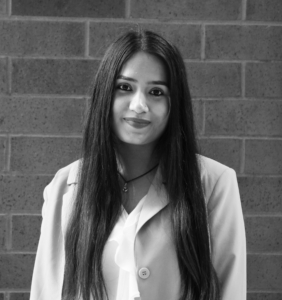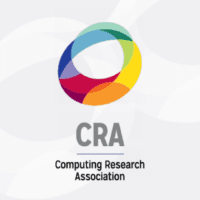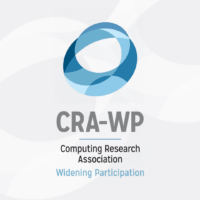Supporting Mental Health With Computing Research
By Alejandro Velasco Dimate (CRA-E Fellow, College of William & Mary) and Emma McDonald (CRA-E Fellow, University of Alberta)

Liza Jivnani, B.S. in Computer Science, University of South Florida
This Q&A highlight features Liza Jivnani, an Honorable Mention in the 2024 CRA Outstanding Undergraduate Researchers Award program. Liza is an undergrad at the University of South Florida.
What brought you to computing research?
Growing up, I was deeply impacted by my uncle’s experiences with medical misdiagnosis and bipolar disorder. Witnessing his challenges inspired my desire to contribute to healthcare, but becoming a healthcare practitioner was not feasible for me due to financial and logistical constraints. Instead, I found my passion in computer science, and research became the perfect intersection of my interests and aspirations. My work in affective computing, which focuses on understanding and interpreting human emotions, allows me to contribute meaningfully to areas like psychiatric and neurological disorders, blending my technical skills with a mission to improve lives.
How would you describe your research journey?
I began my research journey by sending emails to professors, expressing my interest and eagerness to get involved. I had an existing portfolio of side projects, which helped demonstrate my willingness to learn and contribute. This led to an opportunity to join the computer vision and affective computing lab, where I gained hands-on experience working on impactful projects. One of these was the loneliness project, where I collaborated closely with my advisor, Dr Shaun Canavan, and a psychology professor, Dr Fallon Goodman. Another significant project that I worked on was about decision-making in high-stress scenarios, such as military operations or emergency responses. We used physiological markers like ECG, skin temperature, and breathing rate, alongside self-reported measures, to predict emotional responses. Collaborating with the U.S. Army, we developed a bomb-defusal task to better understand how emotions influence decision-making, with the goal of informing training workshops and intervention strategies for high-stakes professions. So far, I have had six publications, including one under review.
What can you tell us about your research?
My research focuses on predicting loneliness using emotional data, inspired by my personal experiences as an international student and the widespread issue of loneliness in society. My team and I analyzed self-reported affect data collected over 14 days to predict loneliness levels on the 14th day. This work could have applications such as monitoring and improving the mental well-being of patients in psychiatric wards or care systems. The vision is to create systems that enhance mental health care by identifying loneliness early on. Currently, we are expanding this research to explore how demographics, such as race, ethnicity, and political beliefs, influence loneliness, aiming for a deeper understanding of its broader dynamics. I presented our work at Affective Computing and Intelligent Interactions in 2023.
What do you enjoy and what do you find challenging about research?
What I love most about research is the sense of purpose and the ability to make a meaningful impact. For example, working on the loneliness project was deeply fulfilling, as it allowed me to address a real problem and contribute to something bigger, especially given its personal connection to my uncle’s struggles. On the other hand, one of the biggest challenges was the technical gap I faced early on. As a freshman collaborating with experienced PhD students, I often felt out of my depth. However, focusing on what I could contribute and embracing the learning process taught me how to work with diverse skill sets, adapt to new environments, and build resilience as a researcher.
How do you stay motivated?
A lot of my motivation comes from the support and guidance of my advisor. Whenever things are not going as planned, like when a paper gets rejected with major revisions, he is there to provide direction and reassurance. Having someone so invested in my growth has made it easier to stay motivated, even during setbacks. Outside of research, I find motivation and balance through my hobbies, especially my involvement in education. I co-founded a small nonprofit school in St. Petersburg, Florida, called Kadoka Academy, where I spend my weekends. This is my way of relaxing and staying connected to something meaningful outside of academia. The school focuses on teaching life skills that may not be addressed in traditional classrooms, like how to build meaningful relationships, navigate difficult conversations, or manage personal growth. We invite people from various backgrounds, like scientists, artists, entrepreneurs, and physicians, for fireside chats to share their experiences.
Do you have any advice for other students looking to get into research?
You might not like my answer, but I believe research is not something you do just because it sounds cool. It is important to have a clear motivation or sense of meaning behind why you want to pursue it. Ask yourself: What new thing are you trying to bring into the world? What problem or question genuinely excites you? Research is more for yourself than for the outside world. It comes from an internal place of curiosity and purpose. My advice would be to first reflect on your “why.” If you have clarity about that, everything else — finding opportunities, learning, and staying committed — will naturally fall into place.









